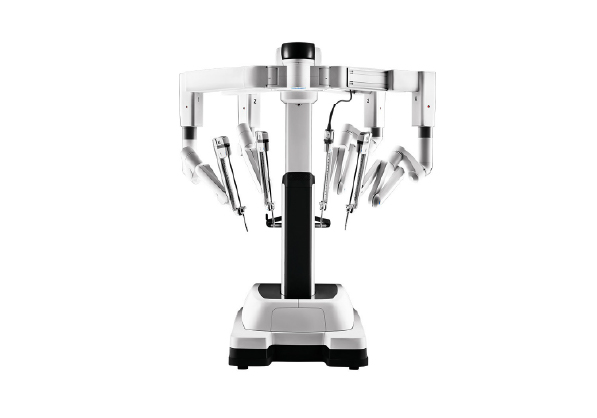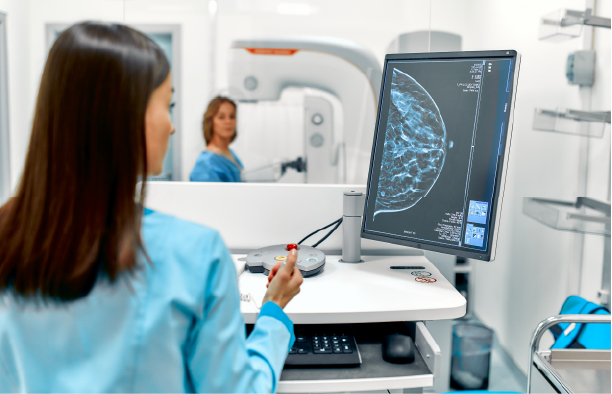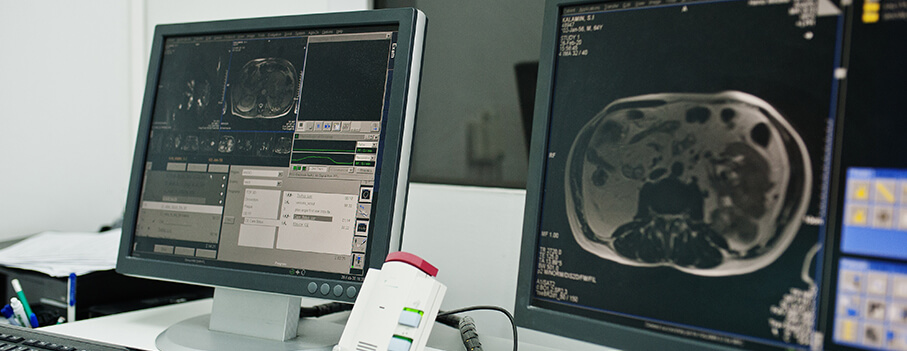Videos
Blogs
Thorax Cancer Treatment
The thorax is the region of the body between the neck and the abdomen, containing several vital organs such as the heart, the major blood vessels and the lungs. Thoracic cancer is the cancer occurring in the chest cavity, including lung cancer, oesophagal cancer, thymic cancer, pleural cancer and tracheal cancer. Of these, lung cancer is the most common type of thoracic cancer.
Causes:
As with most cancers, the exact cause of thoracic cancer is yet to be discovered. Several factors such as genes(a family history of cancer), hormones and age may attribute to the increased risk of cancer. Other factors may include external factors such as increased exposure to ultraviolet rays or carcinogenic substances such as asbestos, arsenic, chromium, nickel and radioactive materials such as radon gas.
Lung cancer, one of the most prominent types of thoracic cancer, is directly attributed to smoking in about 90% of cases. Smoking, both active and passive, drastically increases the risk of lung cancer.
Types of thoracic cancer:
Though lung cancer is the most common type of thoracic cancer, other lesser-known types exist too. The various types of thoracic cancer are:
- Benign and Malignant Pleural Conditions - Pleural tumors develop in the pleural cavity, which is seen between the lungs and chest wall, containing the pleural fluid. The pleural cavity allows the lungs to move freely while breathing. Pleural tumors are mostly malignant (cancerous) but some are said to be benign (non-cancerous).
- Lung cancer - Lung cancer is the leading cause of cancer-related deaths in both men and women, resulting in more deaths than breast, prostate and colorectal cancers combined. There are two types of lung cancers
- Non-small cell lung cancer (NSCLC) - This is the most prevalent type of lung cancer. It’s divided into three main subtypes: squamous cell carcinoma - often occurring in the cells that line the lung’s airways and linked to heavy smoking, adenocarcinoma - often occurring in the cells that line the alveoli and secrete substances such as mucus, and affecting both smokers and non-smokers and large cell (undifferentiated) carcinoma - often occurring in any region of the lung and spreading rapidly.
- Small cell lung cancer (SCLC) - It is less common than NSCLC and appears most often in smokers. It has the tendency to spread widely throughout the body.
- Mediastinal Tumors - This refers to the tumors that grow in the area of the chest that separates the lungs. The mediastinum houses the heart, major blood vessels, essential nerves, trachea and other vital structures.
- Metastatic tumors to the Lungs - these refer to the cancers that develop in the other parts of the body and slowly move to the lungs through the bloodstream or the lymphatic system.
- Tumors of the Chest Wall - Chest wall tumors can either be malignant (sarcomas) or benign (osteochondromas and chondromas). These tumors usually develop in the bones, cartilage or soft tissues of the chest cavity (containing the lungs, heart and other organs).
- Mesothelioma - This refers to the cancer that develops in the thin layer of tissue that covers the majority of the internal organs (mesothelium). Malignant mesothelioma is an aggressive and deadly form of cancer. There are two common types of mesothelioma - pleural mesothelioma (affecting the tissues that surround the lungs) and peritoneal mesothelioma (affecting the tissues in the abdomen). At Veritas, we have a specialised team that handles mesothelioma cases.
Thoracic cancers are characterised by the following symptoms:
Benign and Malignant Pleural Conditions:
This cancer has symptoms that are similar to that of lung cancer. The symptoms are:
Lung cancer:
Mediastinal Tumor:
Metastatic tumors to the Lungs:
Tumors of the Chest Wall:
Pleural Mesothelioma:
Peritoneal Mesothelioma:
It is important to note that these symptoms do not necessarily point to cancer at all times. Please make an appointment with us if you have any of the above symptoms so we can give you a correct diagnosis.
At Veritas Cancer Care, we employ the latest tests to arrive at a suitable prognosis and formulate a specialised treatment plan based on your needs. We have several methods of diagnosis:
Thoracic cancers can be treated with surgery, chemotherapy, radiation therapy or a combination of the above. While the primary goal is curing cancer, preserving the surrounding organs and tissues is of utmost importance.
The various treatments options for thoracic cancer include:
Regaining the quality of life of a patient recovering from thoracic cancer can be a bit of a challenge. Patients often feel a shortness of breath and have less endurance than before due to the effect of the cancerous cells on the lungs. At Veritas Cancer Care, we aim to provide our patients with the utmost care and comfort they need during their treatment and remission and improve their quality of life as much as possible. Our team here is dedicated to our patients and, while cancer is a daunting illness, we provide you with all the help and hope you need to recover.
The oncological team at Veritas Cancer Care is headed by Dr Venkat P, a highly-trained surgical oncologist and robotic surgeon experienced in treating thoracic cancer. With over 22 years of experience, he has managed around 25,000 oncological cases and performed over 20,000 surgeries. Being one of the very few surgeons in the country highly trained in the latest treatment procedures such as robotic surgery, ERAS and fluorescence-guided surgery, Dr Venkat is a renowned surgical oncologist with various awards to his credit.
Dr Venkat utilises the cutting-edge technology of fluorescence-guided surgery to perform guided lymph node clearance to ensure the removal of all tumor tissue. At Veritas, we guarantee you will receive prompt care and treatment in his safe and experienced hands.
Veritas Cancer Care is also one of the few cancer teams in Chennai to use the latest methods in thoracic cancer treatment. Headed by Dr Venkat P, we guarantee you will receive prompt care and treatment in his safe and experienced hands.

























